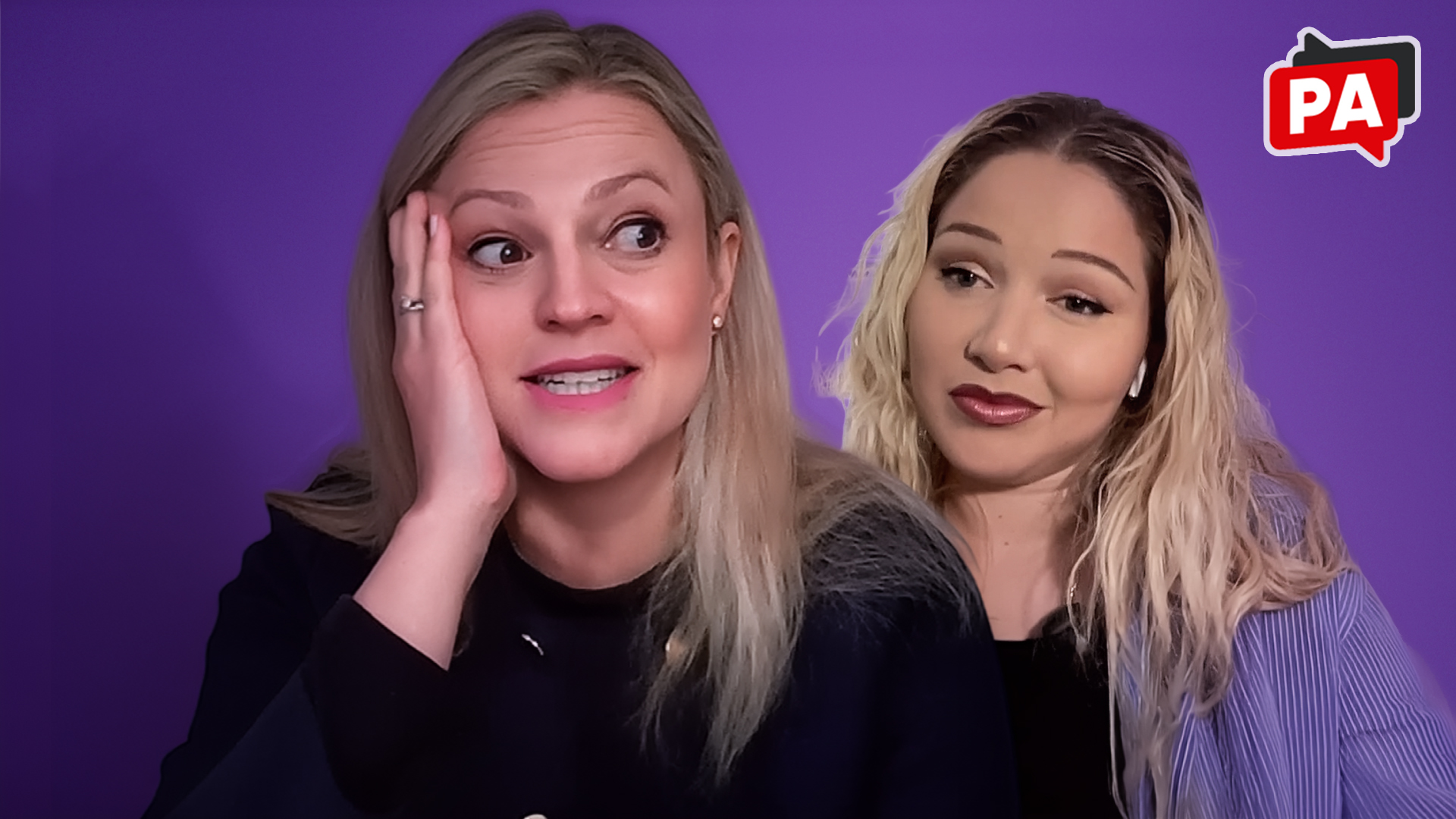As women across South Africa prepare to down tools to highlight gender-based violence this Friday, social media lawyer Emma Sadleir explains how the violence has migrated online.
“I think anonymity online is the root of just about all the evil,” Sadleir tells host Zoë Human.
The founder of the Digital Law Company has just emerged from one of the worst cases of her career, involving two Johannesburg High Court orders in one week. The case centred on WhatsApp “shade rooms” soliciting and distributing intimate images of young girls at a scale Sadleir had not seen before.
“On the first day of all of this going down, I probably saw 1,000 different girls being named and shamed,” she recalls. Channels like “JHB Shade Room” and “Durban Shade Room” attracted tens of thousands of followers within hours.
The content was devastating: girls were accused of having STIs, Aids, exchanging sex for marks or transport, and being sexually abused by relatives. Intimate images and videos were circulated alongside brutal character assassinations.
Sadleir says: “Even when the perpetrators of this violence (and it was violence) were alerted to the fact that two girls had completed suicide, that one girl was in a coma because they’d been named in these leaks, they were just completely robust in their response.” The perpetrators claimed they were “fixing South Africa” and that “these sluts need to be named and shamed”.
Human responds with appropriate outrage: “Even some of my clever friends were saying, but what are these girls doing sending these pictures? And I was getting so furious because I was like, that victim blaming has zero place in 2025.”
Sadleir explains that boys and girls face different online harm. “With the boys, it’s also gaming, a lot of online gaming,” she notes.
Boys are often targeted for sextortion scams aimed at blackmail from small amounts to large amounts, depending on what criminals think a child can access.
“With the girls who are victims of extortion and blackmail online, it’s often for more content,” Sadleir says. “So you’ve sent me this nude. I’m not who I said I was, and I’m going to circulate it... unless you send me more content, unless you send me a video of you doing this particular thing.”
Sadleir’s recent legal victory against Meta is a watershed moment for South African law. “We basically established the rule and law in South Africa that these companies must hand over identifying information,” she explains. Meta was compelled to disclose email addresses, phone numbers, device details and IP logs.
“As soon as we started identifying who’s behind accounts, that stopped immediately because people genuinely thought that they could just say or do whatever they wanted to and never be caught.”
In a country where GBV is of epidemic proportions, Sadlier reminds that GBV is not just physical, or emotional, but also digital.
She frames image-based abuse bluntly: “I often think of image-based violence as an extension of gender-based violence.”
Sadleir specifically points to “manosphere incel culture” as a driving force behind the violent misogyny she’s witnessing.
Read more: When the algorithm fuels misogyny
Her advice is equally direct: no smartphones in primary schools, and ideally no social media before 16, pointing to Australia, which “has just passed a law which has made it illegal for any child under the age of 16 to be on any social media platforms”, including YouTube.
“Prevention is better than cure... these children are geniuses, but their frontal lobe is not there yet. They really do not have the impulse control.”
Despite the grim cases, Sadleir remains committed to education and support. The Digital Law Company assists child victims for free.
“We all have a duty to do better. We need to protect our children from early exposure to pornography... We need to do better as a society.”
The laws exist, she reminds us. What’s needed now is enforcement, education and a collective commitment to protecting young people online. DM





